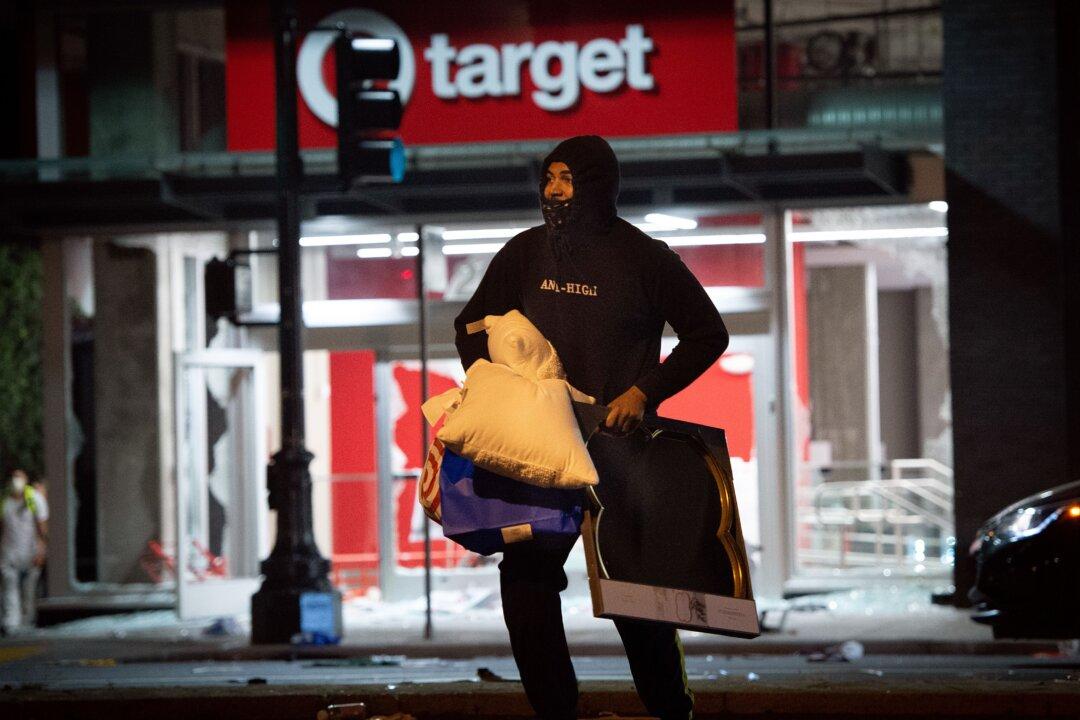California lawmakers are looking to find solutions for retail theft crimes that are affecting the state and causing some businesses to flee, with a new bill introduced on Feb. 15 targeting organized criminal activity.
Assembly Bill 2943—co-authored by two assemblymen, Rick Chavez Zbur and Speaker Robert Rivas—would strengthen penalties for repeat offenders and for those profiting from such crimes.





